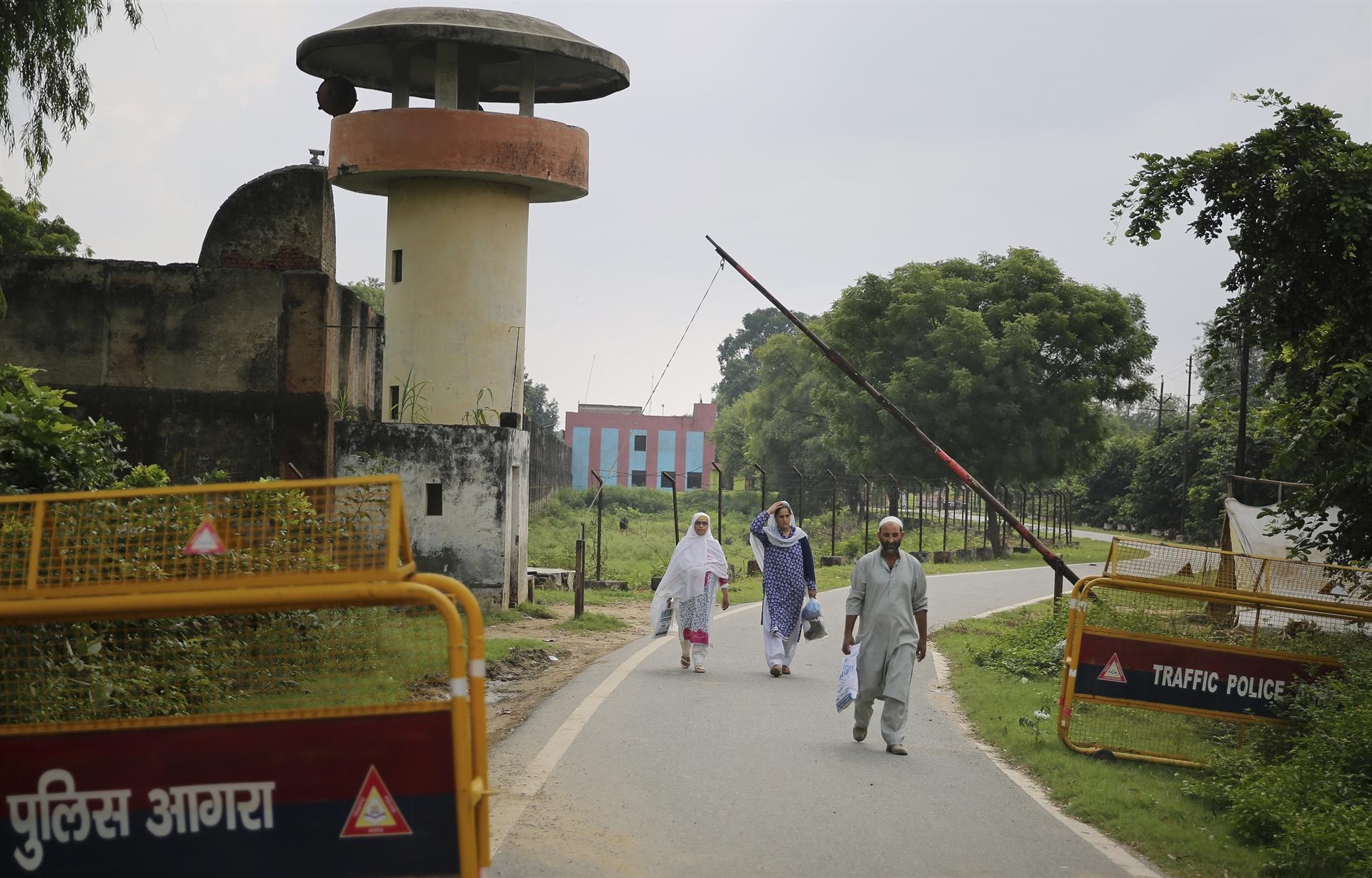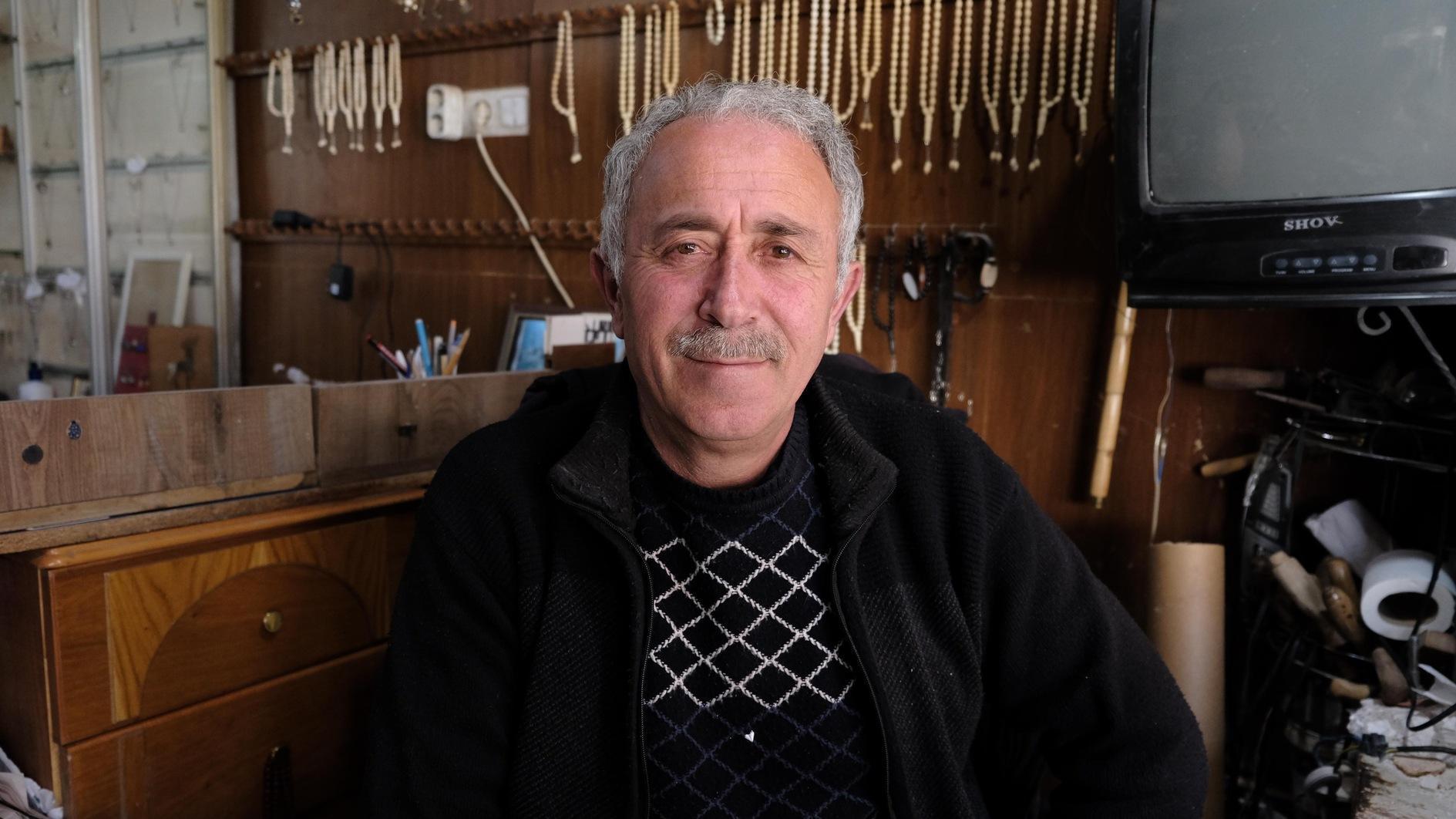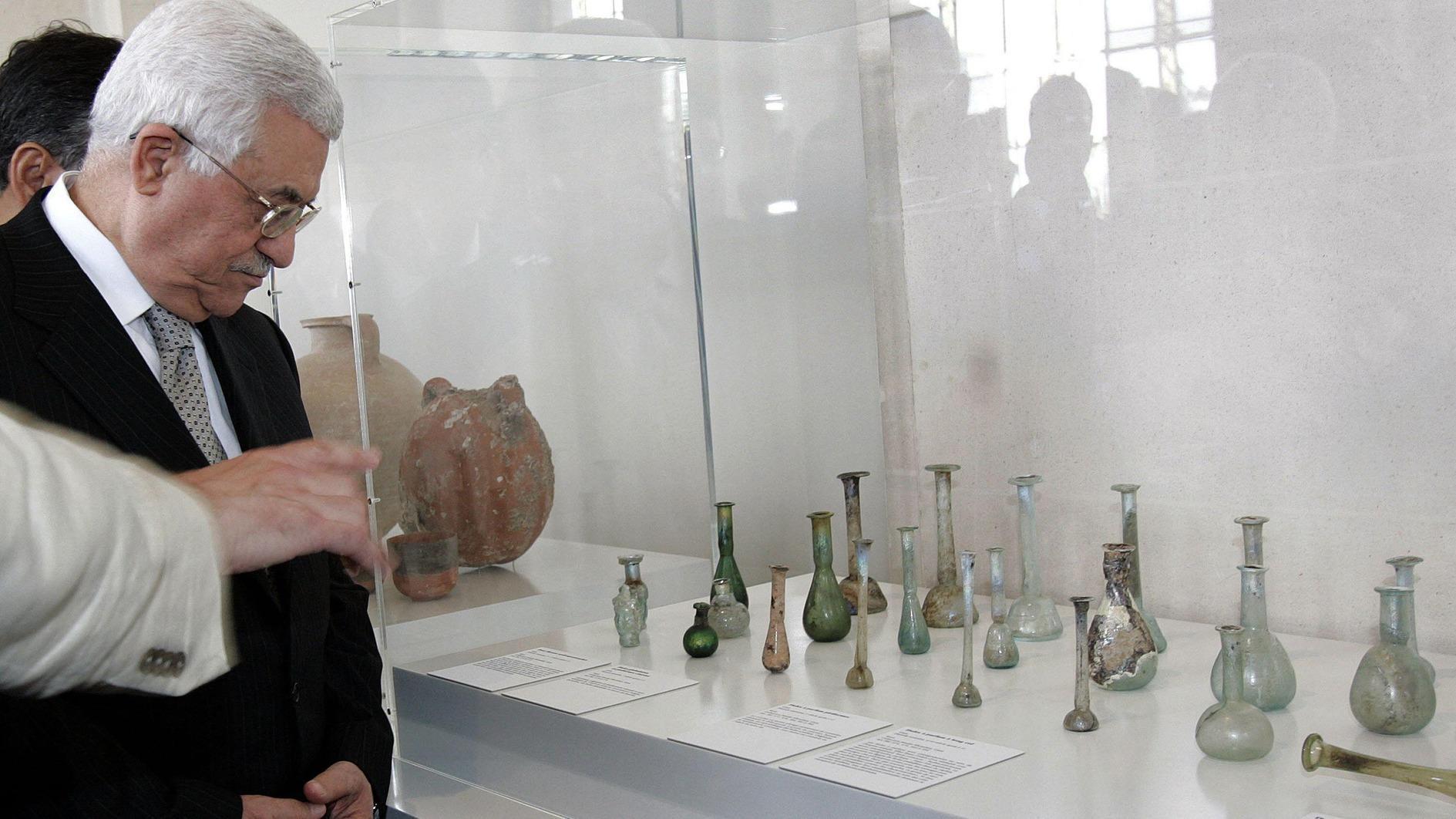Pakistani president urges India to diplomatic solution in Kashmir
Sevil Erkuş – ISLAMABAD

Pakistani President Arif Alvi has warned that if India continues “atrocities” against Muslims in Jammu and Kashmir, it will cause further revolt and complicate the situation.
He called on the Indian authorities for a diplomatic solution while warning that India’s military attempts in the region might cause a nuclear threat to the entire world.
“If India does not come to the table, what I am afraid of is resistance in Kashmir by the Kashmiris who will be much more frustrated. It will lead to much more complications,” Alvi told the Hürriyet Daily News on Sept. 21.
The president is in the view that India is putting pressure on all its minorities and the Kashmir dispute is just an example of it.
“Kashmir is just an extension of what is happening in India and I believe it is going to worst.”
Alvi warned that if the “atrocities” of the Indian authorities against minorities continue, a revolt could break out, particularly by the Muslim population. But he is not optimistic that the Indian government will mitigate these “atrocities.”
He recalled that U.N. Security Council resolutions stipulate a plebiscite in Kashmir, noting, however, that India does not favor such a solution. New Delhi, for its part, argues that Pakistan never fulfilled its obligations under a UNSC resolution, which called on it to withdraw Pakistani forces in the part of Kashmir it controlled.
Alvi also said Muslim leaders of Jammu and Kashmir, including Faruq Abdullah, are under house arrest and the people of the region have had no communication with the outside world for more than 49 days.
Citing that there are nearly 12 million people living in the Jammu and Kashmir region, the president said: “They cannot surpass them I am sure about that.” The Kashmiri dispute has been going on for 70 years and may continue for more years, and it will be the Kashmiri people to suffer, he stated.
He stressed that India’s unilateral action on Aug. 5 to alter the status of Jammu and Kashmir, recognized as a disputed territory by the U.N. Security Council, was illegal under international law.

The conflict over Kashmir has existed since 1947, when India and Pakistan won independence from the British Empire. The countries have fought two of their three subsequent wars over Kashmir, and each administers a portion of the region.
New Delhi initially grappled with largely peaceful anti-India movements in its portion of Kashmir. However, a series of political blunders, broken promises and a crackdown on dissent escalated the conflict into a full-blown armed rebellion against Indian control in 1989 for a united Kashmir, either under Pakistan rule or independent of both.
Since then, about 100,000 people, according to Pakistani officials, have been killed in the conflict, which India sees as a proxy war by Pakistan.
Indian authorities identify the situation in Jammu and Kashmir as “restrictions,” while the Pakistani side calls it a “curfew.” The restrictions were imposed on assembly and communications as a “precautionary” measure aimed at cutting off channels used by “terrorists”- who Pakistan and Azad Kashmir officials call “freedom fighters”.
Alvi recalled he had a phone conversation with President Recep Tayyip Erdoğan just after India revoked its special status and thanked him for his interest on the issue. “I am grateful that Turkey supported us on every platform. I assure you that Pakistan will also stand with Turkey on Cyprus and on any issue.”
He called on Turkey for efforts to mobilize the world on the issue of Kashmir.
Alvi recalled that India has a nuclear arms capacity and said this attitude could lead to further escalation and a global threat.
Referring to recent military confrontation with India, the Pakistani president said India’s nuclear capacity poses danger to the whole world. “The world is in great danger. The Hinduization of India is a great danger to all the minorities of India.”
Asked about the possibility of a military conflict, Alvi said: “If India resorts to war, Pakistan is going to fight war.” He recalled Pakistan was able to shut down Indian aircrafts in the recent tension, but preferred to give an arrested Indian pilot back as a “message of peace.”
The Pakistani president warned against such a military confrontation, saying it might lead to nuclear confrontation and recalled Hiroshima and Nagasaki.
“Pakistan will not start a war,” he said, stressing that its repercussions of wars go beyond control.
“Pakistan does not have the intention of war. But Pakistan has the full intention of defending itself.”
















